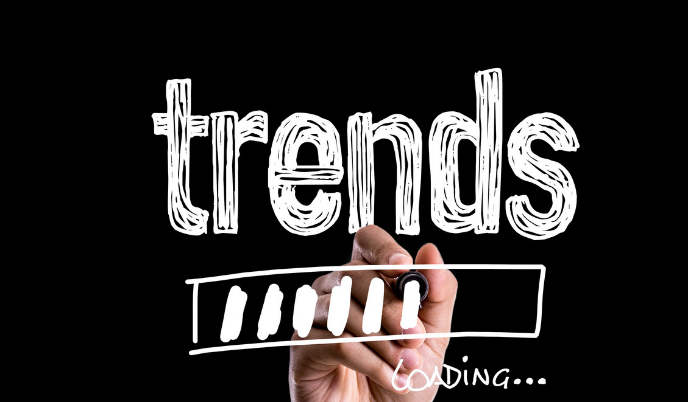We reviewed Mintel’s 2019 Global Consumer Trends and here are the most interesting and relevant key takeaways:
Total Wellbeing
Consumers around the globe are looking for personalized products that are able to adapt to their body’s changing needs and can help them focus on their wellness in a holistic manner.
Mintel shared that 38% of US skincare buyers would be interested in trying probiotics as a skincare ingredient, and 42% of UK consumers would be interested in a personalised diet based on their genes/DNA.
An innovative US company in this space is Baze – they offer consumers personalized supplement plans based on micronutrient analysis of their blood.

Rethink Plastic
A popular trend we’ve seen in our own research at Pearl Strategy and is echoed in Mintel’s global trend report, is that consumers have good intentions of reducing plastic use and recycling but they don’t fully know or understand how to do it properly. Not only do recyclable products/packaging need to be convenient and easy to dispose of, they need to evolve past plastic. With footage of plastic bottles and straws polluting our oceans constantly circulating, plastic has become a bad word – even if it’s recyclable. The development of compostable/biodegradable materials to replace plastic is a new solution some brands are turning to. Overall, it’s important for brands to find innovative, sustainable solutions to protect the environment and earn the trust of consumers.
Club Coffee’s PurPod100 is tackling the environmental burden of single serve coffee pods with their 100% compostable/biodegradable coffee pods. These are a simple and convenient solution to a wasteful problem K-cups have created.

Challenge Accepted
Consumers are looking for brands to help take them outside of their comfort zones and explore uncharted territory in a user-friendly way. Mintel shared that 52% of US consumers who have taken a vacation in the past 12 months say they travelled to try something they’ve never done before. Social media inspiration has been a big motivator in this area of exposing consumers to adventures and new experiences that now appear within reach.
Brands have the opportunity to allow consumers take a step outside their comfort zone, but also help them see everyday activities from a new perspective. One example of a new perspective was Vice’s “LikeWhatYouHate” social media campaign which dared people to like posts on Facebook that they disagree with to help consumers escape their social media echo chambers and see different perspectives.

On Display
Consumers look to a brands to lead by example and handle sensitive issues is a timely manner. Rather than just focusing on positives, it’s important for brands to address sensitive issues, and promote critical thinking and transparency to earn consumers trust. Mintel reported that 73% of US adult Gen Z consumers specifically shop for products that are from brands they trust. Starbucks took control of their brand when they closed more than 8000 locations to conduct racial-based education geared towards preventing discrimination in stores. In additional to their in-store education, Starbucks also offered their training materials to other companies for employees and leadership.

Social Isolation
There is a demand for products and services that help consumers learn to disconnect from their digital lives and resolve mental health-related issues. Connected lives with everything delivered to your doorstep has made it easy for consumers to settle into the isolation and comfort of home – but there is an opportunity for brands to promote interaction and address mental health concerns. Brands can work towards alleviating feelings of loneliness and depression while encouraging greater connection, creating awareness, and providing sources of help. Mintel shared that 21% of UK consumers who have cut down their social media usage in the last year have done so because they were worried about their mental health. A unique café in India, Café Atelier, offers help from mental health processionals and also provides spaces where consumers can express themselves through art.

Redefining Adulthood
Consumers are looking to their technology to help them manage their everyday “adult” tasks in a flexible and personalized way. As Millennials move into adulthood, they continue to prioritize experiences over material things and seek guidance when it comes to making traditional commitments or landmark decisions. Mintel reports shared that while 46% of Canadian Millennials feel very confident using technology to interact with others, only 25% feel very confident interacting face to face with people they don’t know. Additionally, 48% of UK Millennials would be interested in receiving automated online financial advice tailored to their personal situation.
Kahoots, a British start-up, is an online tool that uses artificial intelligence to help consumers simplify the process of buying a house.

Source:
Mintel’s 2019 Global Consumer Trends




